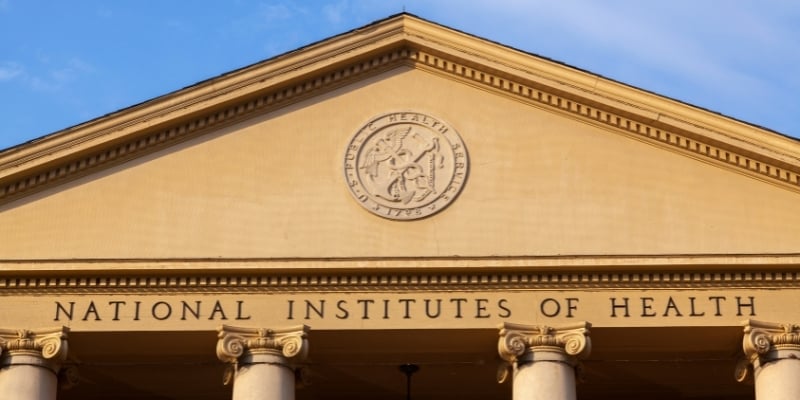First came handwashing instructions and social distancing. Then came the prohibitions on large events and the shuttering of schools.
Next up, should the coronavirus outbreak grow even more dire, are government measures that could have an even greater impact on daily life.
Washington State — where 37 people have died, more than anywhere else in the United States — has escalated through most of a 13-step strategy checklist for controlling infectious outbreaks and now has only a few remaining options: closing workplaces, restricting people to their homes and cordoning off targeted areas to help control the spread of infection.
The possibility of more draconian measures if the outbreak continues to escalate has become a rising subject of conversation among public health officials across the country, forcing them to confront difficult questions about how much pain to endure — in their local economies and in civil liberties — to save more lives.
“We wouldn’t go nearly as close as China in terms of making those kinds of impositions on civil liberties,” said Glen Mays, professor of health policy at the Colorado School of Public Health.
“As you get further down that list, the calculus the governor or state health official will have to make is, do the risks we face justify the economic and personal-freedom costs of adopting measures like canceling large events, closing schools or banning movement,” Mr. Mays said.
Read the full story in the New York Times.






